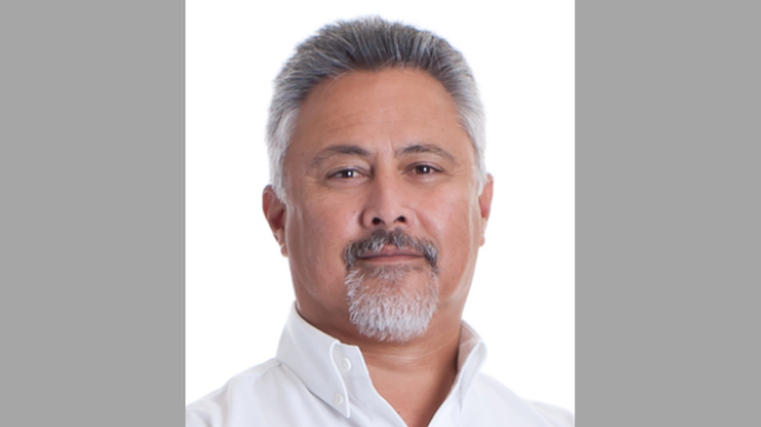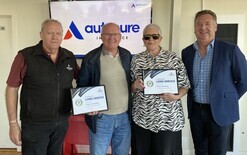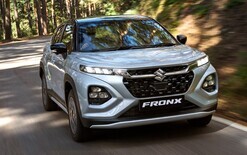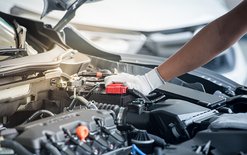Surprise at verification shake-up

The chief executive of Autohub NZ is surprised the Ministry for Primary Industries (MPI) has decided to make changes to the onshore verification process.
Frank Willett says keeping Biosecurity New Zealand officers at domestic ports to check used-vehicle imports, rather than sending them back to Japan, appears at odds with the ministry’s previous approach.
His comments come after the MPI announced to industry in late April that it’s changing how it deals with contaminated cars.
The process, which puts more responsibility on border-inspection organisations (BIOs), is being trialled in May and is due to be fully operational by July.
The aim is to reduce port-clearance times with nearby transitional facilities being set up where vehicles of concern can be taken to be fully checked and retreated as required.
It is hoped this will mean roll-on, roll-off vessels having to spend less time in port and the MPI predicts it will also lead to fewer rejections of vehicles during verification.
The changes to improve onshore processes have come about following discussions with the members from across the automotive industry and the supply chain.
Willett, pictured, says delays at ports have become an increasing problem since Biosecurity NZ staff returned from Japan, where they had been doing verification checks for more than 10 years.
“I appreciate the fact the MPI has taken on feedback from the BIOs and other key stakeholders,” he adds. “What used to be an audit function in Japan started to appear to be a total ‘re-inspection’ of vehicles on arrival in New Zealand.
“There’s been a lot of dialogue between all parties concerned before the MPI settling on what is hopefully a satisfactory, alternative process to address congestion issues at port.
“The biosecurity side of things is important for New Zealand, but the ministry also has to realise the level of inspection and audit has to be appropriate and fit for purpose. The industry felt it had gone beyond that.”
Intriguing decision
Willett says he, like many other people in the industry, had been expecting Biosecurity NZ staff to eventually return full-time to Japan to conduct pre-border verification checks.
He notes BIOs now face greater responsibility for ensuring vehicles are free of contamination before they are loaded onto vessels destined for our shores.
“I’m somewhat intrigued that while the MPI has maintained a full commitment to biosecurity risk offshore for many years, its move to conduct auditing upon arrival appears to be at odds with that,” Willett told Autofile Online.
“It was a bit of a surprise that it took this opportunity to change things.
“Discussions I’ve had with the MPI up until recently were about it waiting for MFAT [Ministry of Foreign Affairs and Trade] to confirm when staff could be re-deployed to Japan. I can only surmise this change could be budget related.
“It will place more onus on the BIOs to do a satisfactory job in achieving that management of risk offshore.
“You get the odd occasion when a car will have gone through a pre-clean process in Japan and there’s contamination found on arrival, but generally it’s of such a small volume that it isn’t too concerning, and dealt with accordingly.”
An in-depth article on this subject appears in the May issue of Autofile. Click here to download the magazine.





